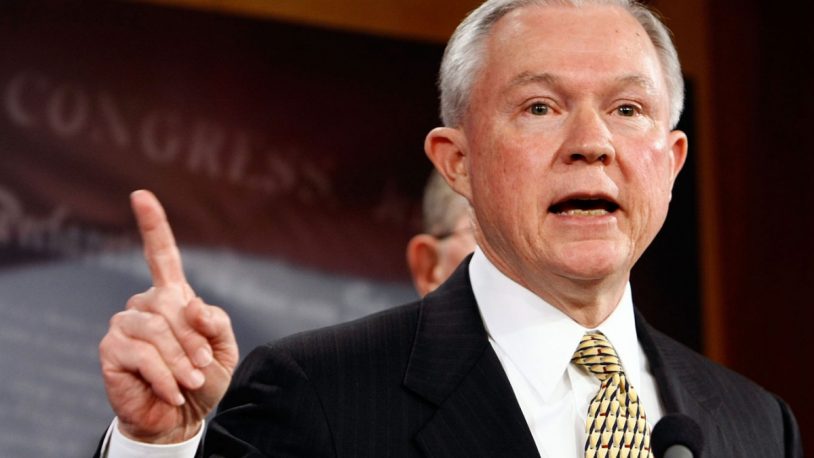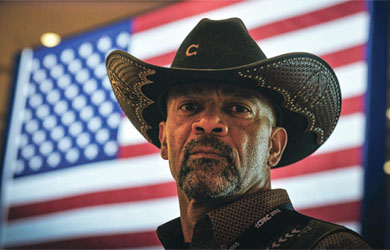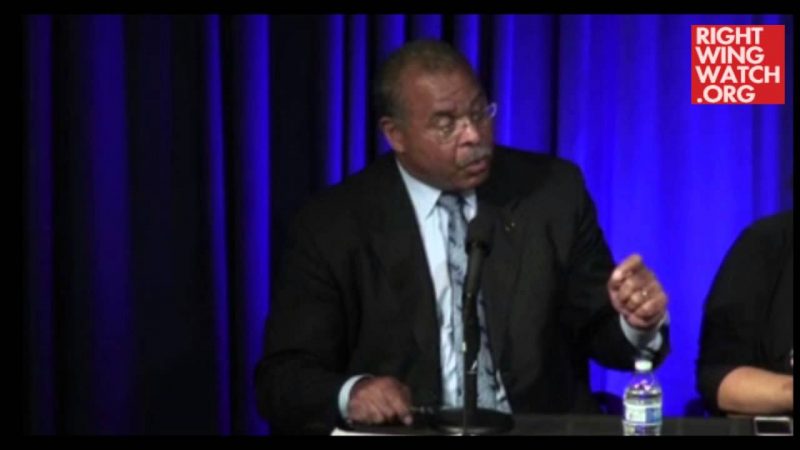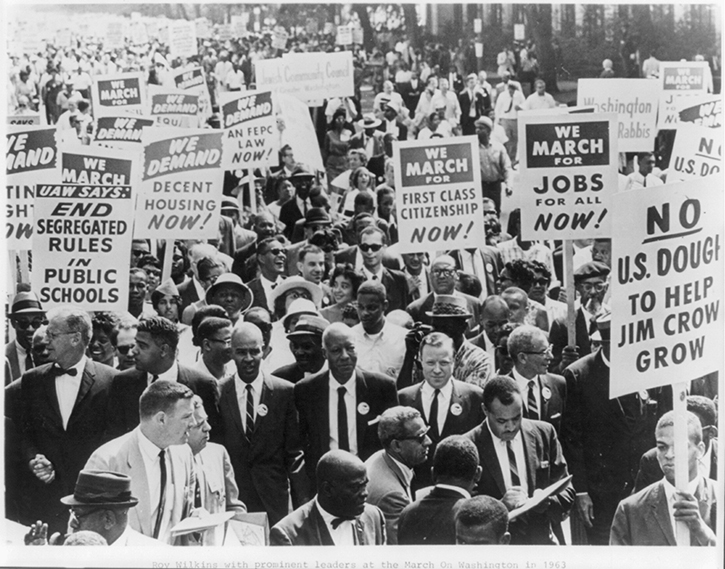Jay and Jordan Sekulow of the Religious Right legal group American Center for Law and Justice (ACLJ) used their podcast yesterday to discuss Sen. Jeff Sessions’ nomination to be attorney general, which Jordan Sekulow called the “most exciting” of all of President-elect Donald Trump’s nominations for the ACLJ.
This, he said, is because of the importance of the Justice Department to the ACLJ’s work and because the current Justice Department under Eric Holder and now Loretta Lynch has “gotten obsessed with this civil rights issue”:
We also know how politicized the Department of Justice has become, not just under Loretta Lynch but, remember, in most part under Eric Holder. You’ve got, basically, a Department of Justice which is out of control and not really focused where it should be, which is based off its mandate for what its job is to do at the federal government. It’s gotten obsessed with this civil rights issue, and I think that’s, again, you know that part if this confirmation battle is that the left is upset that the Department of Justice will no longer be a liberal, activist arm of the federal government.
Sekulow said that the Obama administration had used the DOJ as a “way for the executive to execute their policy positions” such as “investigations of police forces” rather than “criminal activity” or “terror.”
He warned that the criticism of Sessions at today’s confirmation hearing is “going to be a racial attack.”
“There’s going to be a whole panel on this issue of, quote, ‘civil rights,’” he said, “and this is someone who took down the KKK in Alabama.” Sessions’ nomination to a federal judgeship in 1986 failed in part because he had gone after civil rights activists working to register African American voters. He has since tried to burnish his civil rights credentials by exaggerating his role in civil rights cases in Alabama, including the Ku Klux Klan case that Sekulow mentioned.
Jay Sekulow added that Sessions “was friends with black classmates at the University of Alabama Law School in 1970.”
“What they don’t like is he’s a conservative,” Jordan Sekulow said, “and so they’re doing anything possible—he happens to be from a deeply red state, a southern state, and because of that they think they can somehow tie him to what was happening in Alabama at the time in the ‘60s and ‘70s because he came up, obviously, through that.”








